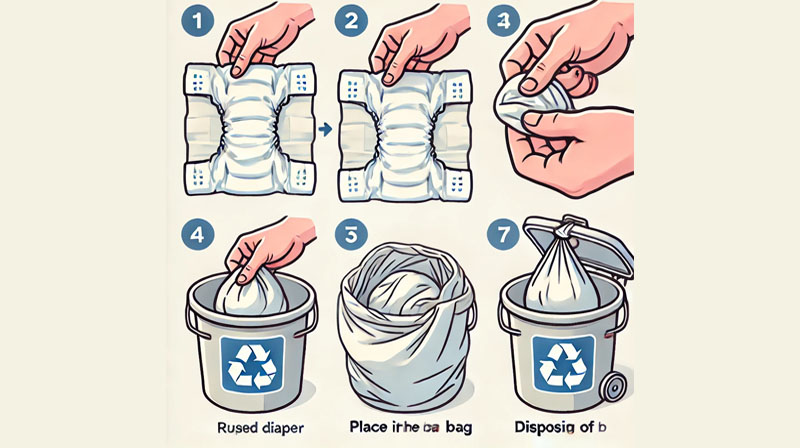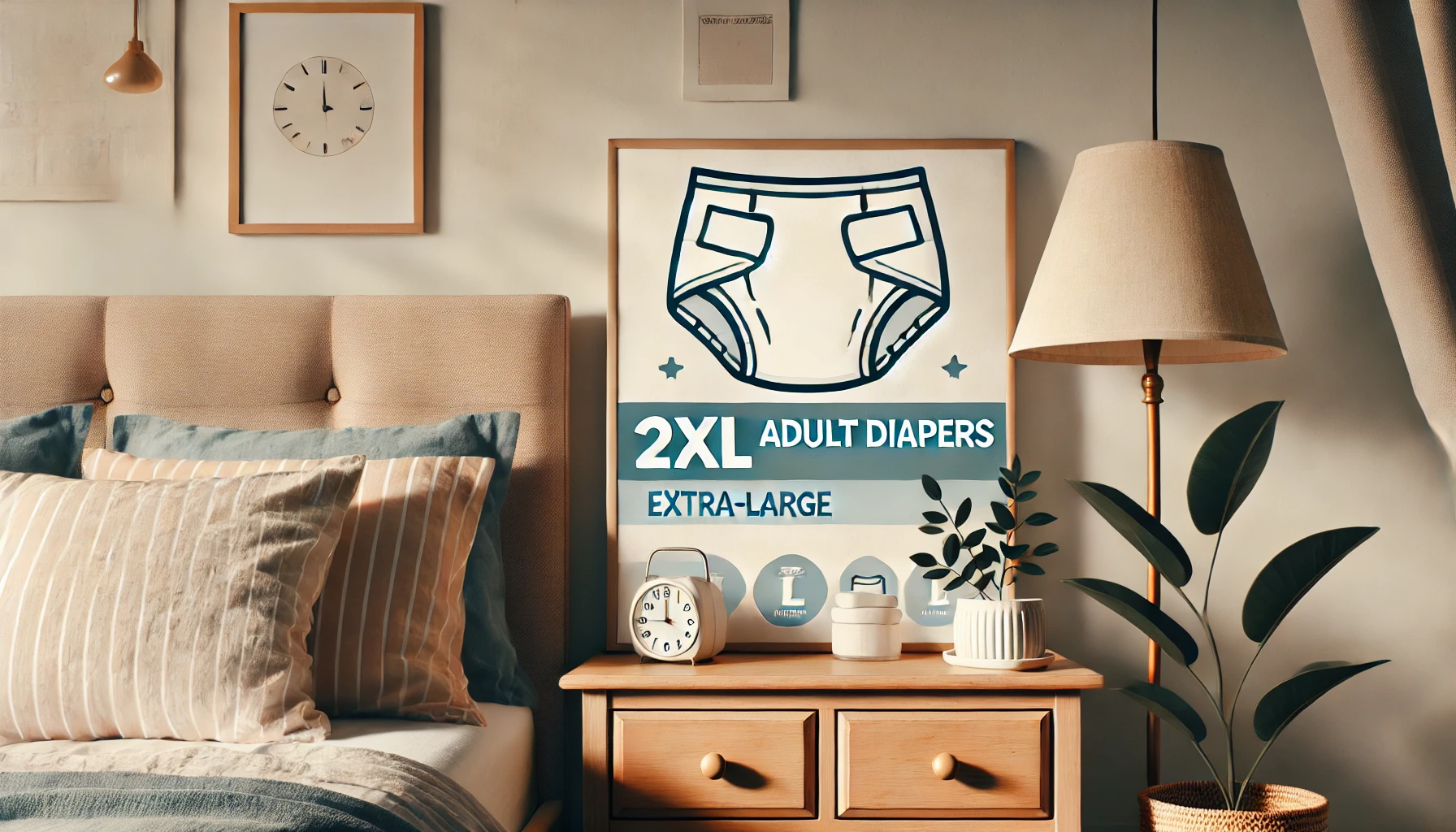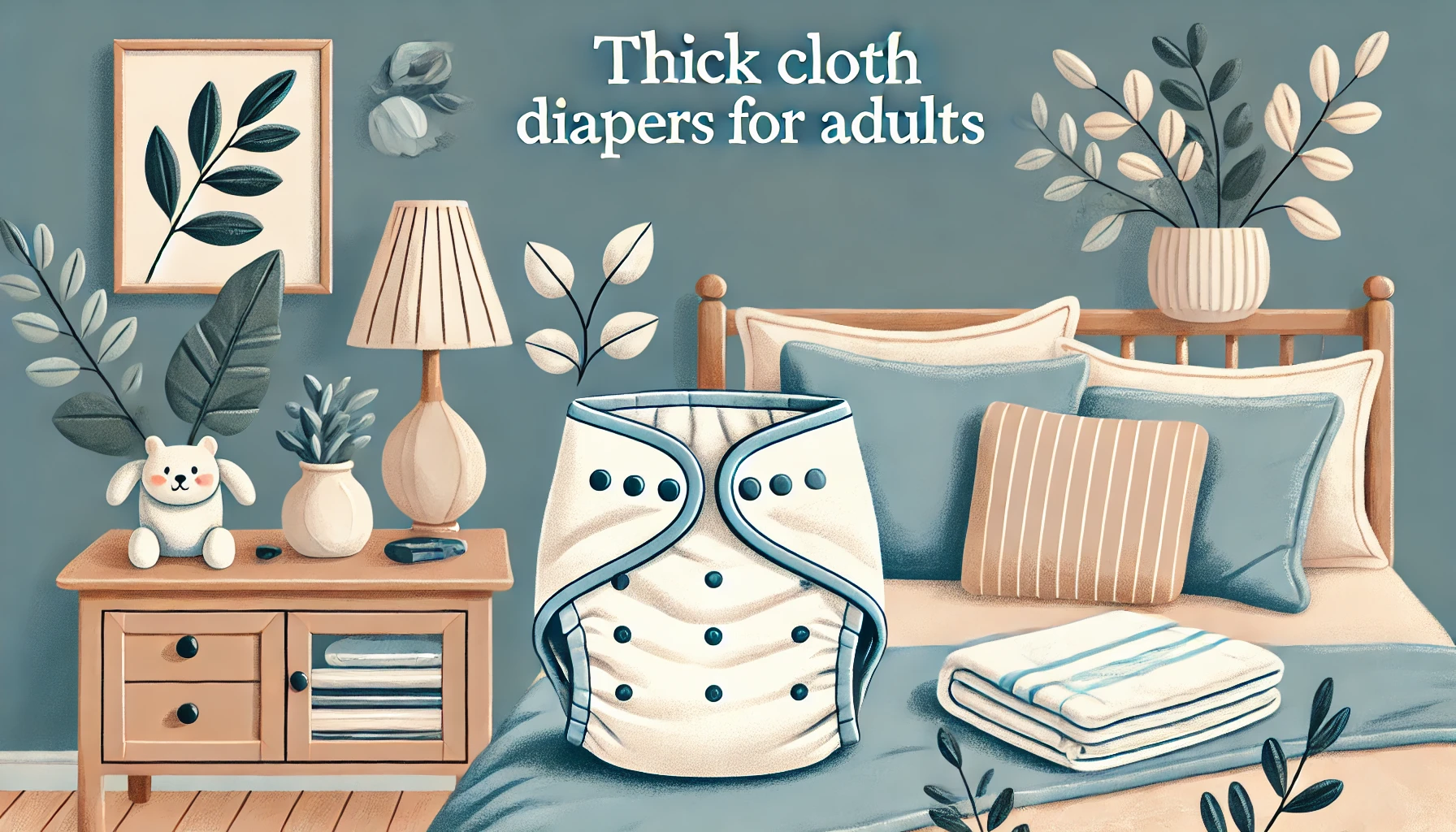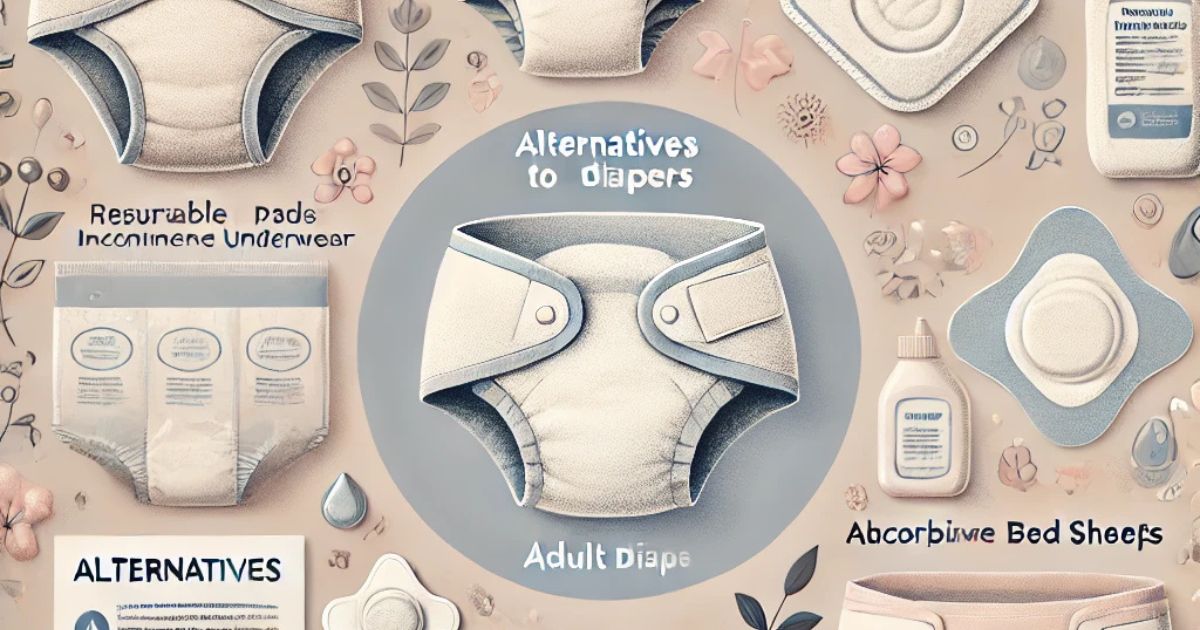How To Dispose Of Adult Diapers
Managing incontinence with adult diapers is essential for many individuals, but an equally important aspect is the proper disposal of these products. Improper disposal can lead to hygiene issues, environmental concerns, and social discomfort. This guide aims to provide comprehensive information on the best practices for disposing of adult diapers, ensuring health, hygiene, and environmental sustainability.

Understanding the Importance of Proper Disposal
Hygiene and Health
Improper disposal of adult diapers can lead to unpleasant odors, bacterial growth, and potential health hazards. Ensuring that used diapers are disposed of correctly minimizes these risks and helps maintain a clean and hygienic environment.
Environmental Impact
Diapers contribute significantly to landfill waste. While it’s challenging to eliminate their use for those who need them, responsible disposal practices can mitigate their environmental impact. Understanding how to dispose of adult diapers properly can help reduce their footprint.
Social Considerations
Disposing of adult diapers properly also respects the dignity and comfort of others. Improper disposal can be offensive and create discomfort for people who encounter discarded diapers. Responsible practices promote a more considerate and respectful community.
Step-by-Step Guide to Disposing of Adult Diapers
1. Preparation for Disposal
Before disposing of an adult diaper, it’s important to prepare it properly:
- Secure the Diaper: Roll the used diaper tightly, starting from the front and rolling towards the back. This helps contain any waste and reduces the risk of leakage.
- Use the Adhesive Tabs: Most adult diapers have adhesive tabs that can be used to secure the rolled-up diaper. Fasten these tabs to keep the diaper compact and secure.
2. Use Disposable Bags
Placing the rolled-up diaper in a disposable bag is a crucial step:
- Choose Appropriate Bags: Use small plastic bags or specially designed diaper disposal bags. These bags are often scented and designed to contain odors.
- Seal the Bag Tightly: Ensure the bag is sealed tightly to prevent any leaks and contain odors. Twist the bag and tie it securely or use a bag with a built-in seal.
3. Dispose of in a Designated Trash Bin
Once the diaper is bagged, it should be disposed of in an appropriate trash bin:
- Use a Dedicated Diaper Bin: If possible, use a dedicated diaper disposal bin. These bins are designed to contain odors and are often equipped with features to make disposal easier and more hygienic.
- Regular Trash Collection: If a dedicated diaper bin is not available, ensure the diaper is placed in a trash bin with a lid. This helps contain odors and prevents animals from accessing the trash.
4. Maintaining Hygiene
After disposing of the diaper, it’s essential to maintain personal and environmental hygiene:
- Wash Hands Thoroughly: Always wash your hands thoroughly with soap and water after handling and disposing of adult diapers. This helps prevent the spread of bacteria and maintains personal hygiene.
- Clean Disposal Areas: Regularly clean and disinfect areas where diapers are disposed of. This includes diaper bins and surrounding areas to ensure a clean environment.
Environmentally Friendly Disposal Options
Biodegradable Diaper Bags
Using biodegradable diaper bags is an environmentally friendly option. These bags break down more quickly than traditional plastic bags, reducing their impact on landfills.
Recycling and Composting Programs
Some regions offer recycling and composting programs for adult diapers. These programs often involve special collection services and facilities that can process the diapers in an environmentally friendly manner.
Reducing Waste
While it’s not always possible to eliminate the use of adult diapers, there are ways to reduce waste:
- Reusable Diapers: For those who are able, reusable cloth diapers can be an option. These require washing but significantly reduce landfill waste.
- Minimize Use: Where possible, use adult diapers only when necessary. For example, if incontinence is manageable at home with regular bathroom visits, diapers may be reserved for outings or nighttime use.
Addressing Common Concerns
Odor Control
One of the biggest concerns with disposing of adult diapers is controlling odors. Using scented disposal bags, dedicated diaper bins with odor control features, and regular trash disposal can help manage and reduce unpleasant smells.
Privacy and Discretion
Maintaining privacy and discretion is important for many individuals using adult diapers. Disposing of diapers in small, discreet bags and using dedicated disposal bins can help ensure privacy and dignity.
Community Support
Creating a supportive community environment is crucial. Encouraging open discussions about incontinence and proper disposal practices can help reduce stigma and promote better hygiene and environmental practices.
Conclusion
Proper disposal of adult diapers is crucial for maintaining hygiene, reducing environmental impact, and respecting social norms. By following the steps outlined in this guide—preparing the diaper, using disposable bags, disposing of them in designated bins, and maintaining hygiene—individuals can ensure they are managing their needs responsibly.









